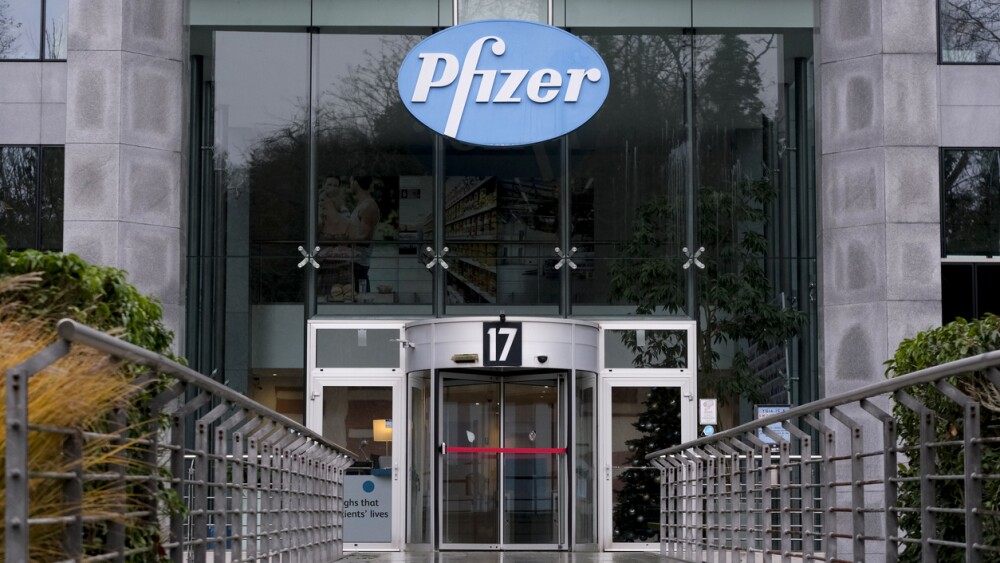
Pfizer
NEWS
Pfizer, Eli Lilly, Novartis, Bristol Myers Squibb and AstraZeneca are all ramping up the use of AI, but drug discovery is not the primary success story—yet.
According to Priovant, the Phase 2 BEACON study is the first industry-sponsored placebo-controlled trial in cutaneous sarcoidosis to deliver positive data.
Pfizer announces the first data from its Metsera-acquired pipeline just ahead of its earnings call, where analysts pressed execs for more details; Merck and Roche also released Q4 and full year earnings, with Eli Lilly, Novo Nordisk and others reporting Wednesday; REGENXBIO hits a regulatory snag ahead of its upcoming PDUFA; more.
Analysts parsed the limited data available for Pfizer’s obesity candidate on the pharma’s fourth-quarter earnings call Tuesday, looking for any nugget of additional context.
With data from a mid-stage trial showing weight loss of up to 12.3% at 28 weeks in patients treated with PF’3944, “Pfizer is moving full speed into obesity clinical development,” BMO Capital Markets said Tuesday.
Roche’s obesity candidate achieves 22.5% weight loss in Phase II; Moderna pulls the plug on late-stage vaccine trials as Health Secretary Robert F. Kennedy’s anti-vaccine policies and rhetoric continues; and embattled gene therapy maker Sarepta announces new data in Duchenne muscular dystrophy.
Pfizer CEO Albert Bourla said that the main thing getting in the way of changing vaccine discussions in the U.S. is the Secretary of Health, Robert F. Kennedy, Jr.
The obesity market and Most Favored Nation drug pricing were among the topics de jour at the J.P. Morgan Healthcare Conference last week, while smaller biotechs sought to assure investors that their regulatory ducks are in a row; Novo Nordisk’s oral obesity pill got off to a hot start while the FDA delayed a decision on Eli Lilly’s investigational offering; and SpyGlass Pharma and AgomAb Therapeutics join the 2026 IPO club.
In November, Pfizer was reportedly looking to divest its stake in BioNTech, though the German biotech at the time denied these rumors.
JOBS
IN THE PRESS










